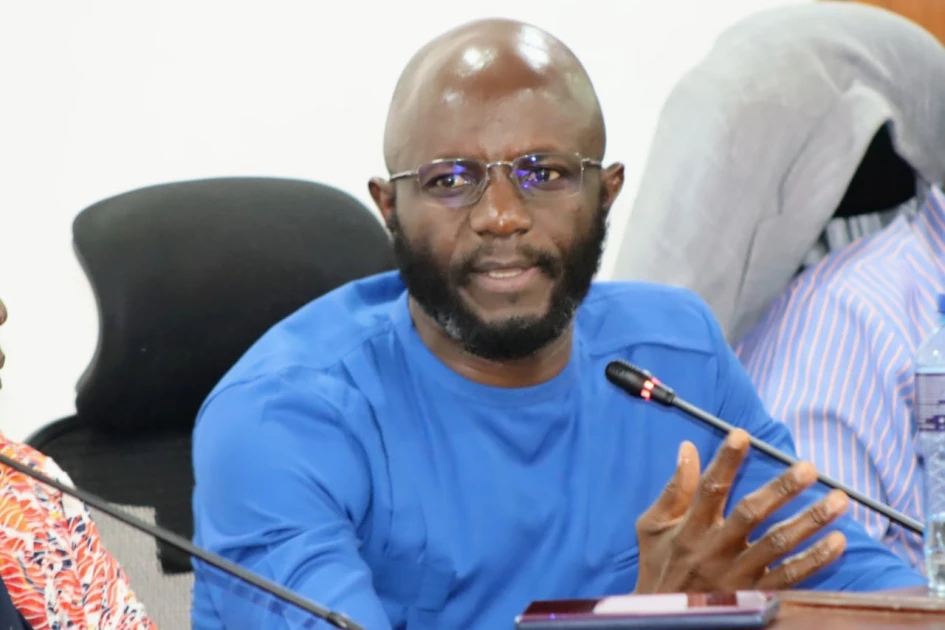Budget and Appropriations Committee (BAC) chairperson Samuel Atandi has strongly defended the government’s controversial decision to securitise part of the Road Maintenance Levy Fund (RMLF), amid criticism from his predecessor, Kiharu MP Ndindi Nyoro.
Atandi downplayed Nyoro’s recent remarks linking the securitisation of the fuel levy to rising pump prices, suggesting that Nyoro’s objections stem from his transition out of committee leadership rather than genuine fiscal concerns.
“There is nothing illegal about the securitisation of a proportion of the fuel levy,” said Atandi. “Obsession by Hon Ndindi Nyoro on this subject has everything to do with his own objections, power hangover, and entitlement over sharing of public resources.”
Nyoro, speaking to the press on Tuesday, accused the government of exacerbating the fuel crisis through “excessive taxation and the securitisation of fuel levies.” He dismissed claims that global oil prices were responsible for the surge, pointing out that prices had peaked in 2023 and have since dropped—an argument supported by global market data.
“In an oil-importing country like Kenya, the only effective tool the government has to stabilise fuel prices is adjusting taxes. Sadly, this is where the government is failing,” Nyoro stated. He noted that Kenyans currently pay over Sh80 per litre of petrol in direct taxes and levies and highlighted the addition of a Sh7-per-litre levy last year.
In response, Atandi accused Nyoro of playing politics and attempting to reassert his influence following his exit from BAC leadership.
Supporting the government’s stance, Roads and Transport Cabinet Secretary Davis Chirchir revealed that securitising part of the fuel levy has helped settle 40 percent of pending contractor bills, unlocking stalled infrastructure projects.
The securitisation mechanism, which raised approximately Sh175 billion, allocates Sh7 from every Sh25 collected in the levy to back a Special Purpose Vehicle (SPV), ensuring prompt payments to contractors while investors bear the revenue risk.
According to government officials, the move has injected critical liquidity into the infrastructure sector, reviving projects that had stalled due to unpaid dues.
Despite political noise, the government insists the approach is a sustainable financing tool to address development bottlenecks.

